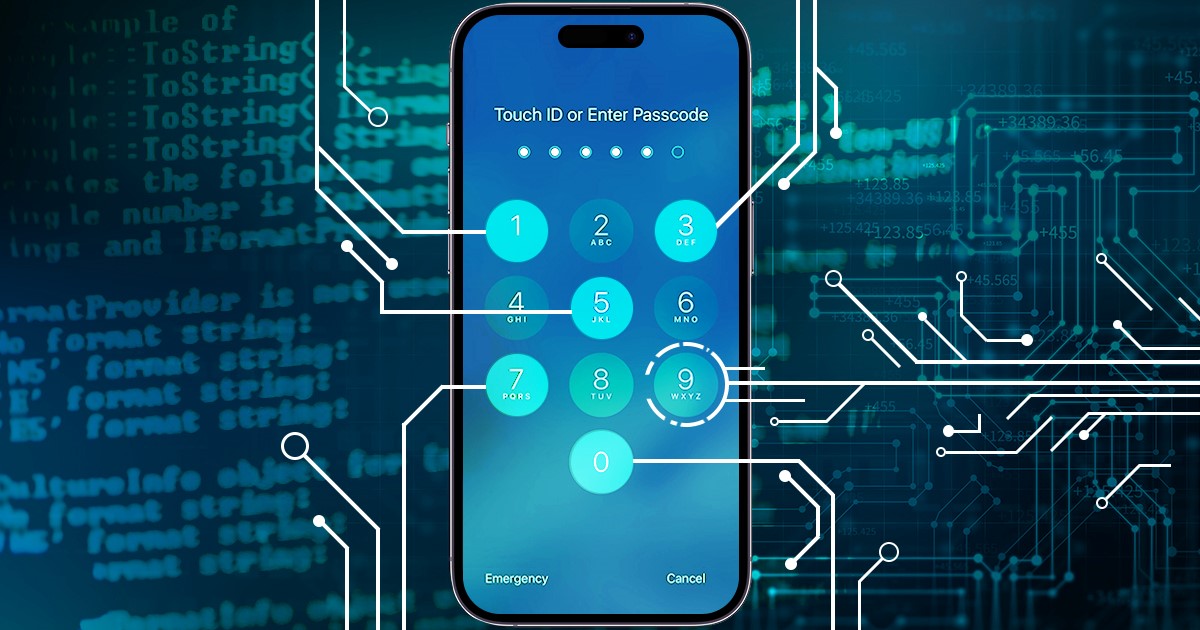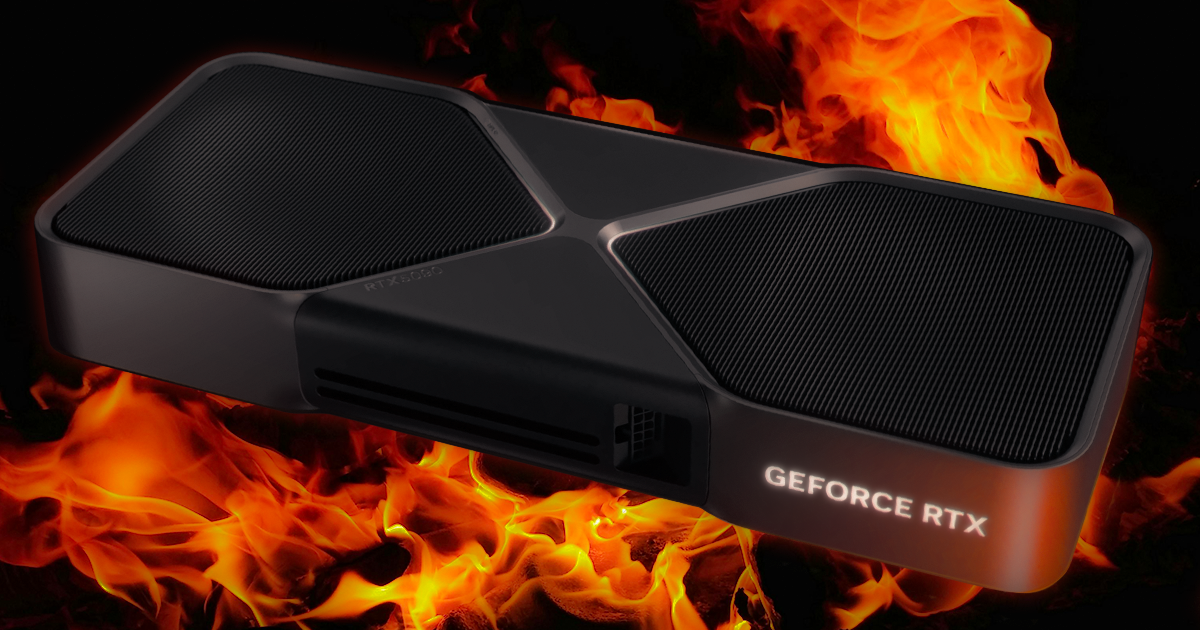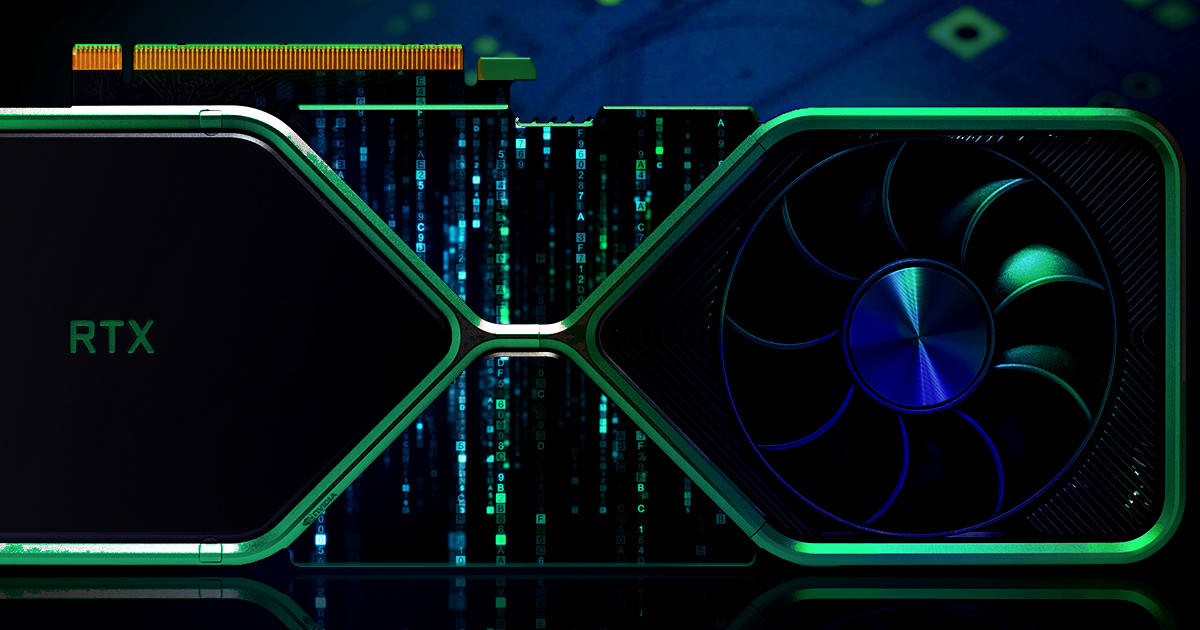Synology DSM 7.2 introduced a highly anticipated feature: volume-level encryption. This data protection mechanism works faster and has less limitations than shared folder encryption, which was the only encryption option supported in prior DSM releases. However, upon investigation, we determined that the implementation of the encryption key management mechanism for full-volume encryption fails to meet the expected standards of security for encrypted data for many users.
Many Linux distributions including those used in off the shelf Network Attached Storage (NAS) devices have the ability to protect users’ data with one or more types of encryption. Full-disk and folder-based encryption options are commonly available, each with its own set of pros and contras. The new native ZFS encryption made available in OpenZFS 2.0 is designed to combine the benefits of full-disk and folder-based encryption without the associated drawbacks. In this article, we’ll compare the strengths and weaknesses of LUKS, eCryptFS and ZFS encryption.
Established NAS manufacturers often offer some kind of encryption to their users. While anyone can use “military-grade AES-256 encryption”, the implementation details vary greatly. Synology, Asustor, and TerraMaster implement folder-based encryption, while QNAP, Thecus, and Asustor (MyAcrhive) employ full-disk encryption; the full comparison is available here. In this article, we’ll have a look at encryption methods used in TrueNAS, a system commonly used by computer enthusiasts for building custom NAS servers.
More than a year ago, we started researching the available encryption options in off the shelf network attached storage devices. We started with Synology devices, followed by Asustor, TerraMaster, Thecus, and finally Qnap. The manufacturers exhibit vastly different approaches to data protection, with different limitations, security implications and vulnerabilities. Today we are publishing the aggregate results of our analysis.
A year ago, we analyzed the encryption used in Synology NAS devices. We were somewhat disappointed by the company’s choice to rely on a single encryption layer with multiple functional restrictions and security reservations. Today we are publishing the results of our analysis of data encryption used in QNAP devices. Spoiler: it’s very, very different.


